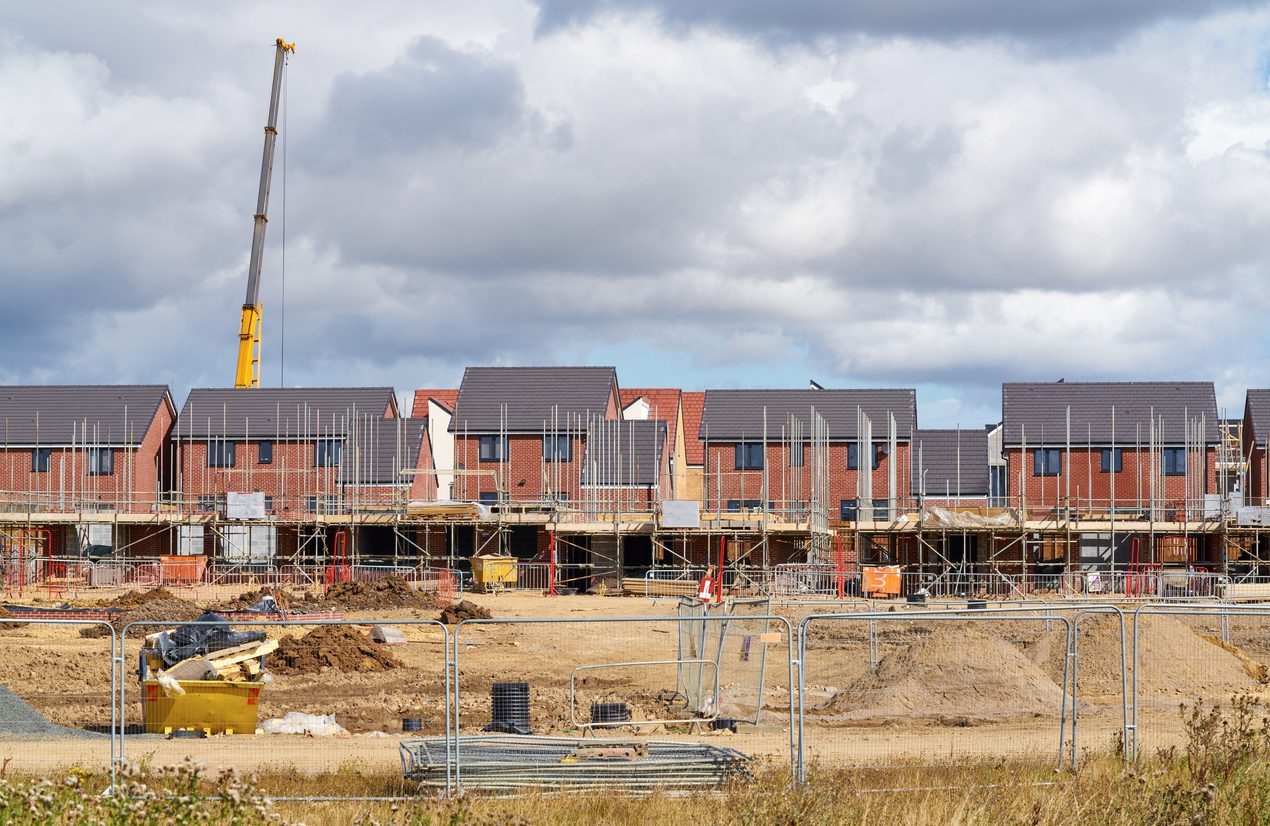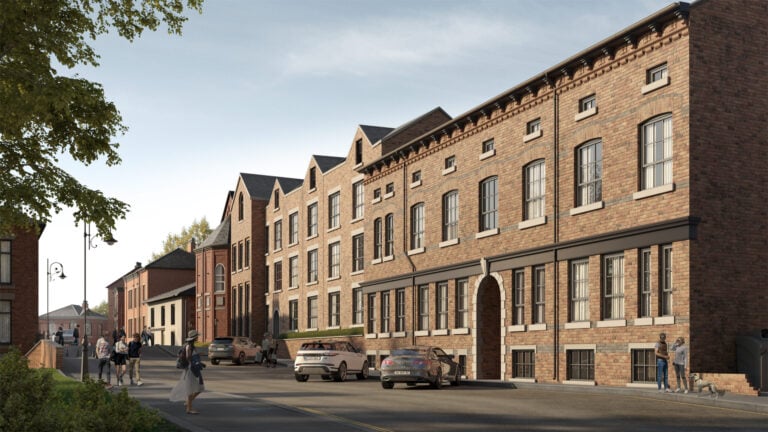All new-builds will need to meet new energy efficiency standards, which will lower energy consumption and reduce bills. What will this mean for the UK housing market and private rented sector?
In response to a consultation on the Future Homes Standard, the government has set out plans to drastically improve the energy performance of new-builds. On top of being highly energy efficient, the new homes will have low carbon heating as well.
By 2025, new homes will need to produce 75-80% lower carbon emissions compared to current levels. To help ensure the industry is ready to meet the new standards in four years times, new-builds will need to produce 31% lower carbon emissions from 2021.
Housing Minister Christopher Pincher comments: “This will help deliver greener homes and buildings, as well as reducing energy bills for hard-working families and businesses.”
The goal of net zero carbon emissions
The government introduced a target to reduce greenhouse gas emissions to net zero by 2050. Improving the energy efficiency of buildings will play an important role in achieving this. Above all, this new announcement is a pivotal step forward in tackling the UK’s climate change goals.
The Housing Minister says: “Improving the energy performance of buildings is vital to achieving net-zero emissions by 2050 and protecting the environment for future generations to come.
“The radical new standards announced today will not only improve energy efficiency of existing homes and other buildings, but will also ensure our new homes are fit for the future, by reducing emissions from new homes by at least 75%.”
In the wake of the COVID-19 pandemic, Britain plans to build back greener. Focusing on the development of new-builds with high energy efficiency standards could even play a vital part in the UK’s economic recovery from coronavirus.
The impact of higher green standards
In addition to boosting the housing market and rental sector, the higher green standards will improve the quality and standards of new housing. It will also make homes warmer. And property owners will be able to lower their carbon footprint and reduce energy bills. This is beneficial for homeowners, landlords and tenants alike.
Additionally, environmental issues are at the top of many people’s mind. A wide range of tenants and buyers find green housing especially appealing. Landlords in particular can use eco-properties and highly energy efficient rentals as selling points for tenants. This can in turn help improve the standards of the private rented sector.
What about existing properties?
Existing homes will also be subject to higher green standards as well. There will be a significant improvement on extension standards to make homes warmer and reduce homeowner’s bills. Replacement, repairs and parts will be required to be more energy efficient. For instance, this includes window replacement and building services, such as cooling systems, heat pumps and fixed lighting.
Additionally, the Green Homes Grant is helping property owners make energy efficiency improvements to their homes. The scheme allows homeowners and landlords to apply for a grant, which funds up to two thirds of the costs of eligible upgrades, up to the value of £5,000 per household. On top of the benefits that come with a more energy efficient home, this grant can also help owners add value to their properties.
Currently, property owners must have their upgrades completed by 31st March 2022 through the Green Homes Grant. Many in the industry hope it’s extended further to help more property owners improve the energy efficiency of their properties.
BuyAssociation has a range of property investment opportunities across the UK. Most of our properties are new-builds or recently converted properties with the highest energy efficiency rating. Sign up for free for early access to our deals, or get in touch for more information.










